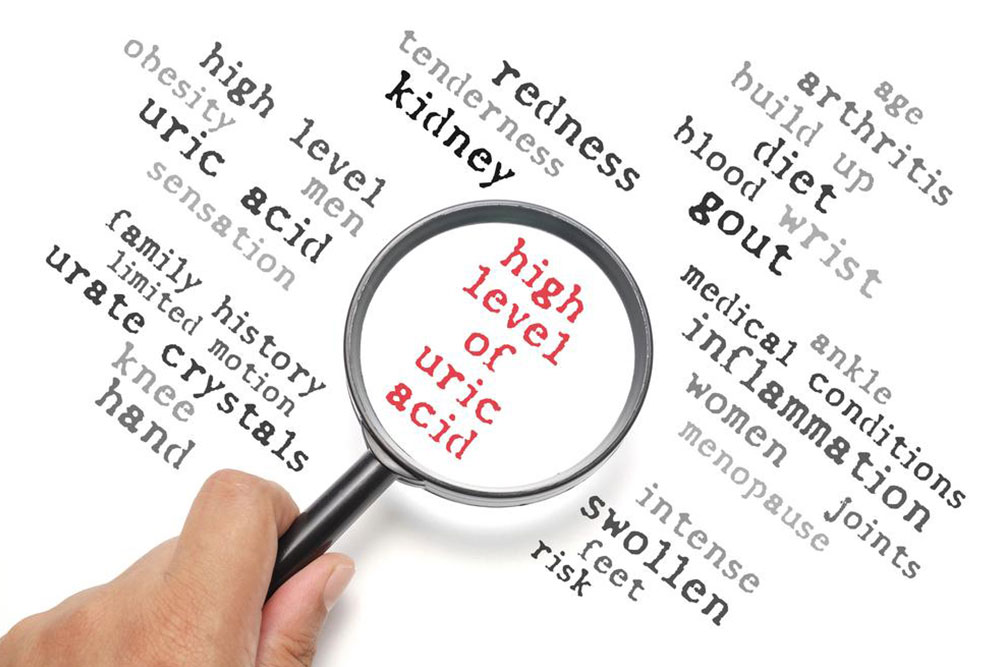Proven Methods to Reduce Uric Acid Levels Naturally
Learn effective, natural methods to reduce uric acid levels and prevent related health issues like gout and kidney stones. This guide offers dietary tips, lifestyle changes, and professional advice to manage hyperuricemia effectively, promoting better overall health.

Proven Methods to Reduce Uric Acid Levels Naturally
The body's waste products are processed by the kidneys, which eliminate them through urine. Uric acid, a byproduct of food metabolism involving proteins, carbohydrates, fats, and nucleic acids, is usually excreted via urine and stool. When uric acid production exceeds the body's ability to eliminate it, excess accumulates in the blood, leading to hyperuricemia. Managing uric acid levels is crucial to prevent conditions like gout and kidney stones. Understanding how to lower uric acid naturally can significantly improve overall health.
Medical professionals suggest a blood test to determine uric acid levels. Reasons for testing include:
Diagnosing gout
Monitoring risk of kidney stones caused by uric acid
Assessing effectiveness of ongoing treatments for high uric acid
Detecting uric acid fluctuations during chemotherapy or radiation
Factors influencing uric acid accumulation include:
Genetics
Obesity
Psoriasis
Medications for blood pressure control
Alcohol consumption
Immunosuppressive drugs
Foods high in purines
Impaired kidney function
Lowering uric acid involves lifestyle and dietary adjustments, especially if symptoms like joint inflammation or kidney issues are present. Recognizing hyperuricemia symptoms early can help in proper management.
Many individuals remain asymptomatic despite elevated uric acid levels
Joint pain or swelling, particularly gout flare-ups, indicate high uric acid
Kidney or urinary problems can also be warning signs
Strategies to Decrease Uric Acid Levels:
Consult a healthcare professional to tailor a safe approach for your body
Adjust your diet by reducing purine-rich foods such as organ meats, yeast, and certain vegetables like spinach and mushrooms. Limit alcohol and beer consumption
Incorporate low-purine foods: dairy products, eggs, leafy greens, tomatoes, water, fruits, nuts, and seeds
Stay well-hydrated, aiming for at least 2–3 liters of water daily. Adjust intake based on your BMI
Avoid caffeine and complete abstinence from alcohol is recommended if diagnosed with hyperuricemia
Review medications with your doctor, especially if they contribute to uric acid buildup
Drink green tea regularly, which may aid in reducing uric acid
Limit foods and drinks high in sugar to prevent uric acid spikes
Increase fruit intake, especially bananas, berries, and other fresh fruits, to naturally lower levels
Always consult your healthcare provider before making dietary or lifestyle changes to ensure they are appropriate for your health condition. Proper guidance helps avoid unintended consequences and promotes effective management of uric acid levels.










